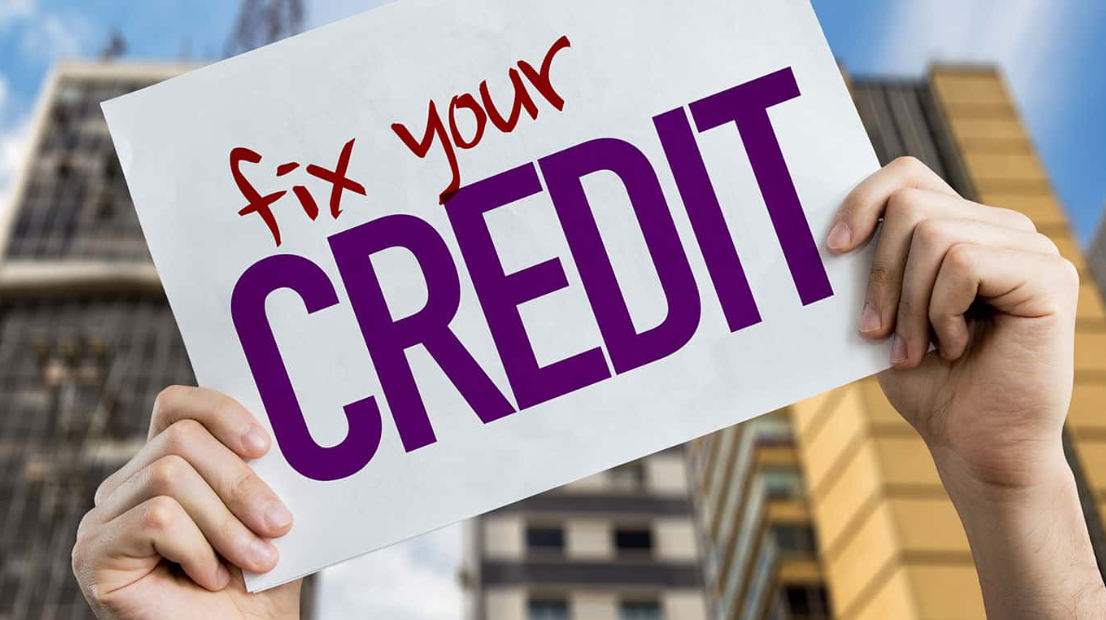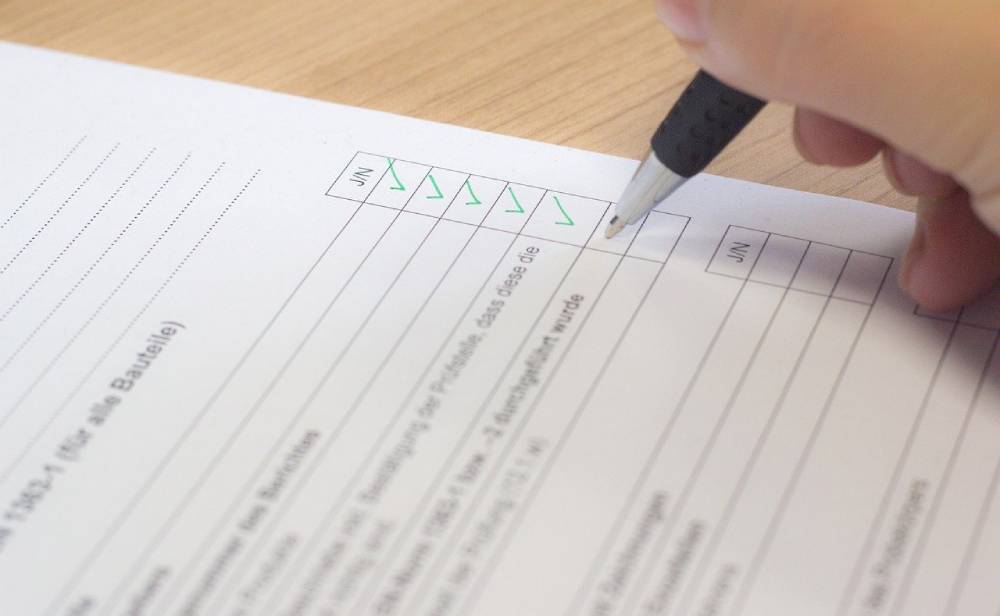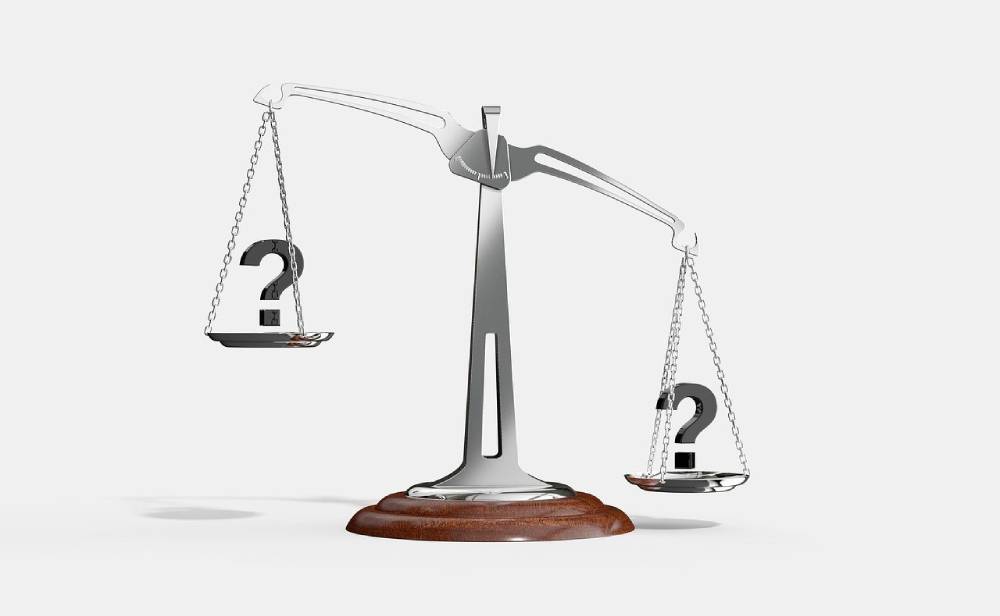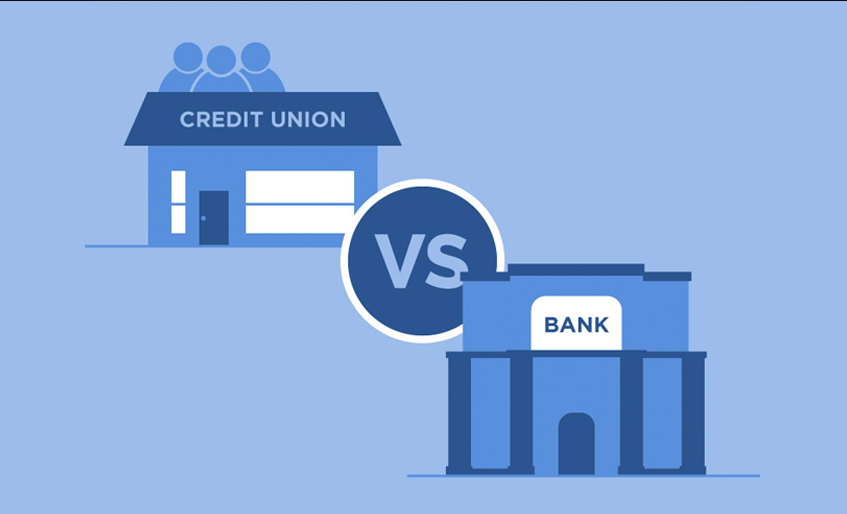Mistakes to Avoid for credit repair
Avoid These Credit Repair Mistakes
Your credit score reflects the potential lender will be willing to pay you. Your credit score is found on your credit report and can range from a low of 300 to a high of 900. There is a lot of information about repairing your credit. But, there are also some common mistakes that people make when repairing their credit.

Top 10 mistakes you should avoid:

Mistake 1: Avoiding Credit Education
Whether you are trying to remove or correct incorrect items on your credit information or just want to reduce your debt and make a better financial way forward, the more information you gather, the better. This ranges from understanding the appropriate terms for applying for a reduced payment penalty or credit increase to learning how to manage your debt and disputing misinformation on your reports.
Mistake 2: Failure to check your credit reports regularly
The most obvious step you need to take when embarking on your credit file repair journey is going through your credit record. Remember that you are entitled to a free copy of your report once a year from the three major credit reporting agencies (Experian, Equifax, and TransUnion). To get the reports, all you have to do is visit the Federal Trade Commission’s website, visit the Free Credit Reports page, and follow the instructions.
There are other ways to get your reports, as some websites may provide access to your credit records for a fee. However, following the FTC Gateway will give you peace of mind knowing that reports are guaranteed by FCRA.
Once you have access to your credit files, be sure to read all reports carefully and look for items that you believe are incomplete or completely incorrect.
Mistake 3: Stopping Credit Repair
When it comes to credit repair, delays are probably your biggest enemy. If you identify incorrect negative information on your record, file a credit dispute as soon as possible. Stopping credit repair is a bad strategy, especially since most of the negative things on your report last for seven years – a long time to live with bad credit.
Mistake 4: Not having the necessary documents
Complete paperwork on the loan you have taken is necessary not only for disputes over your credit report but also to protect your rights as a consumer. In other words, if you suspect that part of the information in your report is incorrect, you should be able to back up your claims with the relevant paperwork, thus proving it, for example. However, payments are made on time.
Mistake 5: Trying to make everything controversial
While it makes sense to dispute only ridiculous marks that you think are incorrect, some credit repair service providers try to remove all items in the hope that at least one There will be significant benefits. The problem with such an approach is that the credit bureau is unlikely to take it seriously if your application is dismissed as frivolous. Even if they take it seriously, the controversy over all the items can lead to the removal of positive information which plays an important role in boosting your credit score.
It is also important to point out that it is very important to take your dispute to the right person. In most cases, it is the credit bureau that sends letters of dispute to lenders, which is rarely a good idea.
Mistake 6: Being a victim of a credit repair scheme
Some people feel that they lack the time and skills to repair the credit themselves. For these individuals, hiring a credit repair professional can be beneficial, although such a facility comes at a cost. These can be either a flat fee, a monthly subscription, or per deletion charges.
Keep in mind that there are many dubious credit repair service providers who prey on frustrated customers by claiming that they can clear their credit history in a few weeks. There are usually offers that seem too good to be true, and you should stay away from them. Even if you decide to work with a reputable company that will actually help you fix your credit over time, be sure to review your rights before signing the contract.
Mistake 7: Sending unverified mail
Any paperwork you exchange with a lender, collection agency, or credit bureau should be sent by verified mail. Although correspondence via snail mail may seem outdated, if you send documents such as a credit bureau dispute by registered mail with a confirmation of delivery, you will have proof that the agency received your letter. While this is not ideal, email communication is a good option. Most importantly, remember not to enter into a verbal agreement. Even if you are dealing with credit bureau lenders, insist on written proof at every step.
Mistake 8: Transferring credit card balances
Playing a balance transfer game is a bad credit repair tactic. Transferring a balance from one credit card to another to avoid payment is nothing more than an inevitable delay. This method can only get you the amount you owe, and although you can save a little on interest, the balance transfer fee can outweigh any benefits.
This is also true for consolidating your debt on a loan or credit card, especially if you close other credit card accounts.
Mistake 9: Canceling Credit Card Accounts
After going through a bad credit period, many people swear by credit cards. However, considering that about one-third of your score is based on your credit history, closing a credit card account is rarely a good idea. Without these pieces of plastic, you will have difficulty qualifying for personal loans or other types of credit. Additionally, using a credit card responsibly can help you increase your score as you go through the credit repair process. Instead of cutting the cord, try to maintain a small balance and make regular monthly payments. Although discipline may be needed to avoid falling into debt, you will be rewarded with an enhanced credit score.
Mistake 10: Submitting too many requests for new credit
When you are on a mission to recover your credit, your chances of getting approved for extra credit are very low, especially if you apply for a large unsecured credit card. Needless to say, you shouldn’t waste rigorous inquiries on credit applications that are about to be rejected. In the short term, multiple hard credits can lower your score as you try to increase it. It is best to wait until your credit has improved and apply for new credit.






